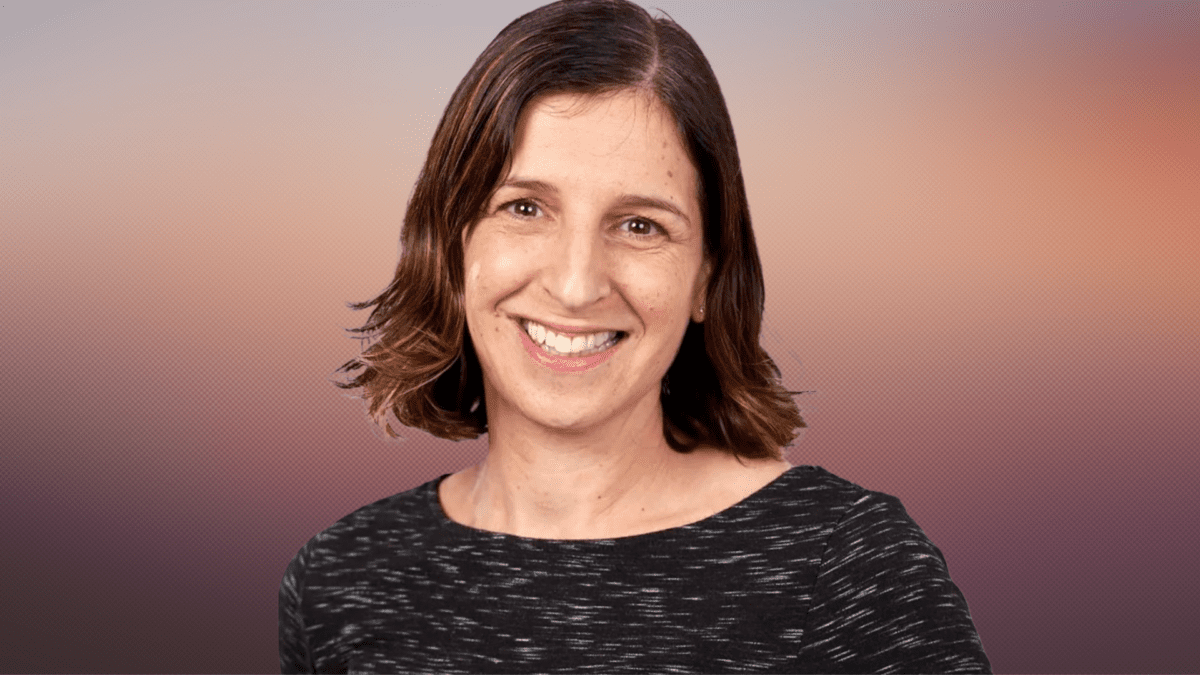What is a Managed Discretionary Account (MDA)?
Managed discretionary accounts (MDAs), or managed portfolios as they are more commonly known, have grown in popularity in recent years, primarily on the back of demand from financial advisers to assist in managing their clients’ capital. Yet few still understand how they actually work and what benefits they can provide investors and advisers alike.
In many ways, an MDA is similar to a traditional managed fund or listed investment company (LIC). They offer investors an exposure to the investment management expertise of a financial adviser or portfolio manager and a diverse range of underlying investments, ranging from bonds to domestic and global equities. Where they differ, however, is in their structure and operation.
An MDA is simply a financial service, where you provide discretion to a third party to manage your portfolio on your behalf. The key difference with an MDA and a traditional financial advice service is that you are giving the MDA provider the authority and discretion to make changes to your portfolio without the need to obtain your authority for each change.
Where the MDA differs from a traditional managed fund or LIC is that you remain the sole owner of the underlying shares or other assets. This is an important distinction, as it allows you complete flexibility to ‘leave’ your MDA and simply retain the underlying shares as they are. The alternative, as we saw multiple times in 2020, is where an investment manager leaves and LIC or fund, and you have little option but to sell your units or hold-on to them.
Obviously, MDAs come with a number of restrictions. Most importantly, MDA services require a special licence issued by the industry regulator, teh Australian Securities & Investments Commission (ASIC), for your adviser to be authorised. This licence requires certain conditions to be put in place to ultimately protect the best interests of the investor. Further, all MDAs operate under an “agreement” with each investor, which guides such things as performance objectives, the allowable assets within the portfolio and appropriate allocation ranges for investments. These are regularly checked and audited by specialist firms.
MDAs have grown popular in the financial advice industry as they allow advisers the ability to significantly reduce their administration workload. Those operating without discretion must send a Record of Advice for every investment decision and await its return before proceeding. This procedural factor tends to delay time-sensitive investment decisions during times of volatility. But under an MDA, changes are made and reported to each client after the fact.
The process of investing into an MDA is quite straightforward:
- You should receive a Statement of Advice (SoA) outlining the MDA strategy, risks and fees;
- You will agree on an investment program, say ‘balanced’ or ‘Australian shares’;
- The investment program will include parameters on allowable investments and risk levels;
- You will sign an agreement with the MDA provider, and potentially your financial adviser;
- The account will generally be hosted on a ‘platform’ like that offered by Praemium Limited (ASX:PPS);
- Your portfolio will be managed on your behalf and you can leave at any time.
As is always the case with multiple professional parties involved, there are fees to consider, with MDAs typically attractive for their lower ongoing management fees. The potential fees include:
- Adviser fee – paid for financial and strategic advice services;
- MDA fee – paid to the MDA licensee or provider;
- Management fee or management expense ratio (MER) – paid to the investment manager;
- Platform Fee – paid to the investment platform to administer the trades and tax reporting;
- Brokerage – paid on each transaction that occurs.








